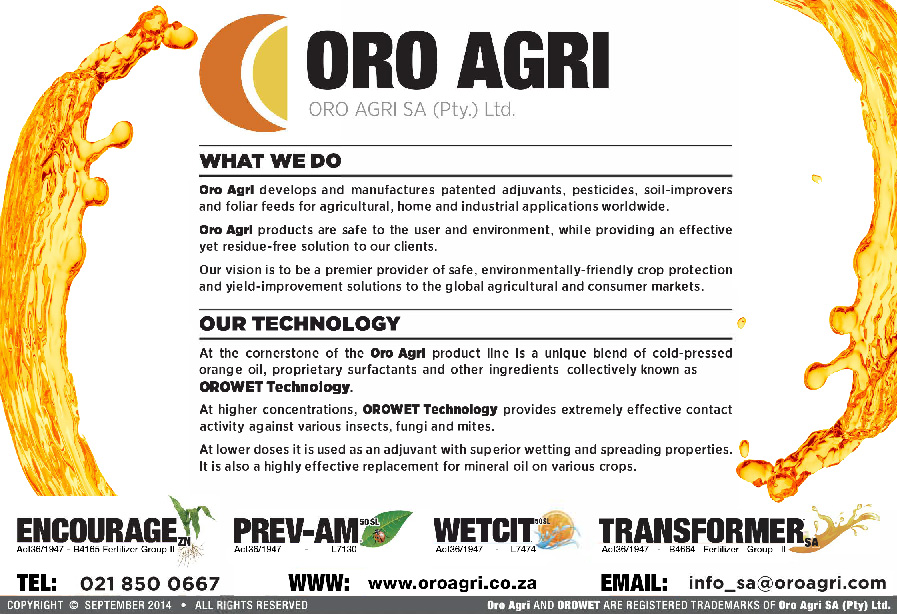
Introduction
Agribusiness is a broad concept that covers input suppliers, agro-processors, traders, exporters and retailers. Agribusiness provides inputs to farmers and connects them to consumers through the financing, handling, processing, storage, transportation, marketing and distribution of agro-industry products and can be decomposed further into four main groups:
- Agricultural input industry for increasing agricultural productivity such as agricultural machinery, equipment and tools, fertilisers, pesticides, insecticides, irrigation systems and related equipment.
- Agro-industry: food and beverages, tobacco products, leather and leather products, textile, footwear and garment, wood and wood products, rubber products, as well as construction industry products based on agricultural materials.
- Equipment for processing agricultural raw materials, including machinery, tools, storage facilities, cooling technology and spare parts.
- Various services, financing, marketing and distribution firms, including storage, transport, ICTs, packaging materials and design for better marketing and distribution
Source: The United Nations Industrial Development Organization (UNIDO), as found at https://www.agbiz.co.za/content/about-us?page=what-is-agribusiness
The changes in South Africa reflect the UNIDO definition. A look at the membership of Agbiz (see “Companies involved” heading) shows a wide spectrum of companies in addition to the former co-operatives, now operating as companies.
Contents
International business environment
Over the past few years The World Bank published two publications, viz. “Agribusiness and Innovation Systems in Africa”, and “Growing Africa: Unlocking the potential of Agribusiness”, emphasizing the critically important role that agribusiness needs to play in Africa’s development.
Agriculture and agribusiness together are projected to be a US$ 1,0 trillion industry in Sub-Sahara Africa by 2030, compared to US$ 313 billion in 2010 , and they should thus be at the top of the agenda for economic transformation and development. Agribusiness can play a critical role in jump-starting economic transformation through the development of agro-based industries that provide much-needed jobs and incomes. Successful agribusiness investments in turn stimulate agricultural growth through the provision of new and expanded markets, and the development of a vibrant input sector.
Source: Dr John Purchase
Local business environment
South Africa has a relatively well-developed agribusiness sector, constituted by a:
- Strong input sector: seed, fertilizer, crop protection and veterinary chemicals, animal feed, packaging, agricultural machinery, fuel, etc. and generally strongly technology-based.
- Strong financial sector: major banks, DFI’s, insurance companies, auditors, agribusinesses, etc.
- Storage, trade and agro-logistics companies: well developed and competitive sub-sector.
- Agro-processing and packaging sub-sector
- Retail Sector, comprising primarily four major supermarkets.
These sub-sectors all play a major role in ensuring that most South African agro-food value chains are, generally speaking, globally competitive, thus ensuring a positive agricultural trade balance and a relatively good level of national food security. As is the practice internationally, South Africa has also embarked on an exercise of mapping value chains, primarily to achieve greater efficiencies, but also to identify specific constraints and to ascertain fair value capture in the value chain by role players.
It is critical that agribusinesses:
- Know their consumers/clients, since major shifts in food demand are taking place
- Provide major value contribution in the respective value chains
- Develop talent/skills of personnel
- Introduce cutting edge technology for productivity and efficiency gains
- Know the rules of the game, and realise these are continuously changing
- Implement cutting-edge management to manage risks, but also to seize the many opportunities at hand
Source: Dr John Purchase
Role players
Note: Click to expand the headings below. In 2022 the role players below were affiliated to Agbiz (refer to the Agbiz website for the latest list). To get a free listing on our website like the ones below, visit here for more information or place your order here. Disclaimer: The role player listings are not vetted by this website.
Further reference:
Agbiz supports its member organisations “by creating an environment within which they are enabled to operate as competitive and innovative business enterprises”. Agbiz is affiliated to Business Unity South Africa (BUSA) and the International Food and Agribusiness Management Association (IFAMA). It works in association with international organisations such as:
- Business and Industry Advisory Committee to the Organisation for Economic Co-operation and Development (BIAC OECD)
- United States Agency for International Development (USAID)
- Food and Agriculture Organisation of the United Nations (FAO)
- United Nations Development Programme (UNDP)
- United Nations Economic Commission for Africa (UNECA)
Several associations and industry bodies are also affiliated to Agbiz. Find their details above.
Websites and publications
Visit the websites listed earlier on this page.
- Many of the role players also have their own publications, videos and newsletters. This includes a weekly newsletter from Agbiz (contact details under the “Associations involved” heading).
- The publication Agribusiness contributes to the National Development Plan through Enterprise Development, published by Agbiz, is available at www.agbiz.co.za. It looks at the role of agribusiness in establishing previously disadvantaged black farmers in the South African agro-food system.
- “Growing Partnerships for Africa” – visit the EMRC website: www.emrc.be
- Agribusinesses are powerful supply chain actors, representing key links between the Big 10 companies—including The Coca-Cola Company, Nestlé, PepsiCo, and Unilever—and the people who produce the world’s food. An Oxfam report (March 2019) introduces the “agribusiness scorecard” and presents the results. Find the report at www.oxfam.org/en/research/companies-spoke-did-their-suppliers-listen.
- www.investmentincentives.co.za for information on various incentives offered by the South African government.
- The share prices of agro companies can be found on www.landbou.com, the electronic arm of the Landbouweekblad magazine.
Some articles
- Read the blogs “South Africa’s Just Transition Energy Framework: Transforming Agribusiness Sustainably” (2023, October) and “Africa’s agribusiness sector should drive the continent’s economic development: Five reasons why” (2023, February 20).
- Mkhabela T. 2020, May 28. “Inclusive agribusiness value chains for Africa”. IOL. Available at www.iol.co.za/business-report/opinion-inclusive-agribusiness-value-chains-for-africa-48568798
- Hall, R & Cousins, B. 2018. “Exporting contradictions: the expansion of South African agrarian capital within Africa”. Globalizations, (15)1, 12-31. Available at https://www.tandfonline.com/doi/full/10.1080/14747731.2017.1408335
- www.thegreenkeeper.co.za discusses current events and what is happening in the agricultural industry.



Share this article







